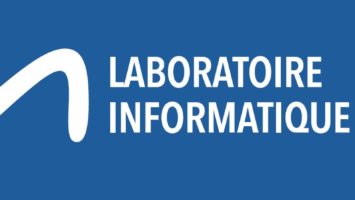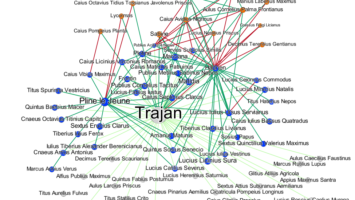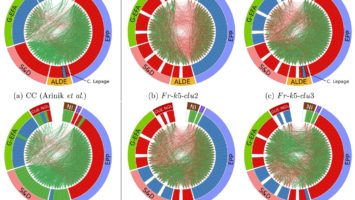PhD defense of Randa Abdelmonem – 26 January 2021
Date: Tuesday 26 January 2021 at 9:00 AM. Title: Quality of Service and Privacy in Internet of Things Dedicated to Healthcare Jury: Abstract: The Internet of Things (IoT) based healthcare systems usually composed of medical and environmental sensors, remote servers, and the network. These systems focus on providing remote monitoring, disease diagnosis, and treatment progress observation. The healthcare systems in IoT domain helps in realizing long-term economical, ubiquitous, and patient centered care systems, that result in improving treatment and patient outcomes. This research contributes to the domain by proposing a Cloud-Fog based architecture that can embrace multiple healthcare scenarios, and able to adapt dynamically with the context and status of the patients. It allows the mobility and physical activity of the patients in the environment through deployment and implementation of an appropriate Received Signal Strength (RSS) based handoff mechanism. It also proposes a mobility-aware task scheduling and allocation approach in cloud-fog computing paradigm, called MobMBAR, with the objective of minimizing the total schedule time (makespan). MobMBAR performs dynamic balanced healthcare tasks distribution between the cloud and fog devices. It is a data locality based approach that depends on changing the location where the data is computed to where it actually resides. Plus d'infos







